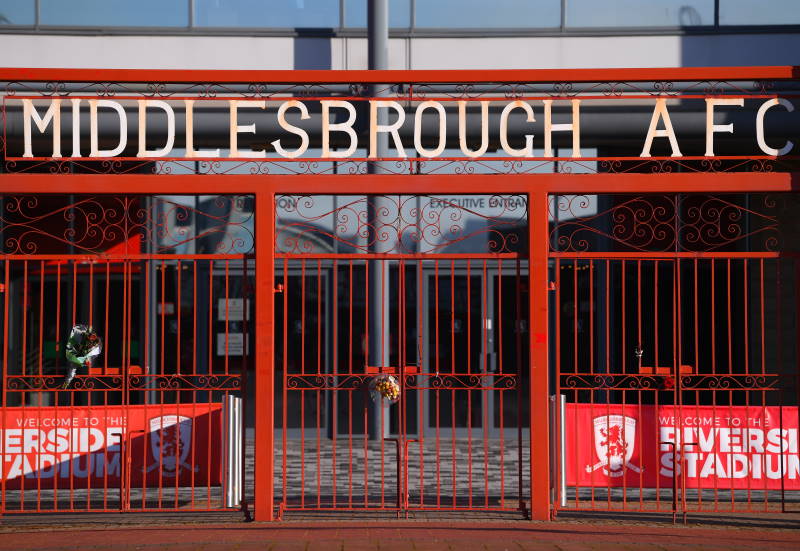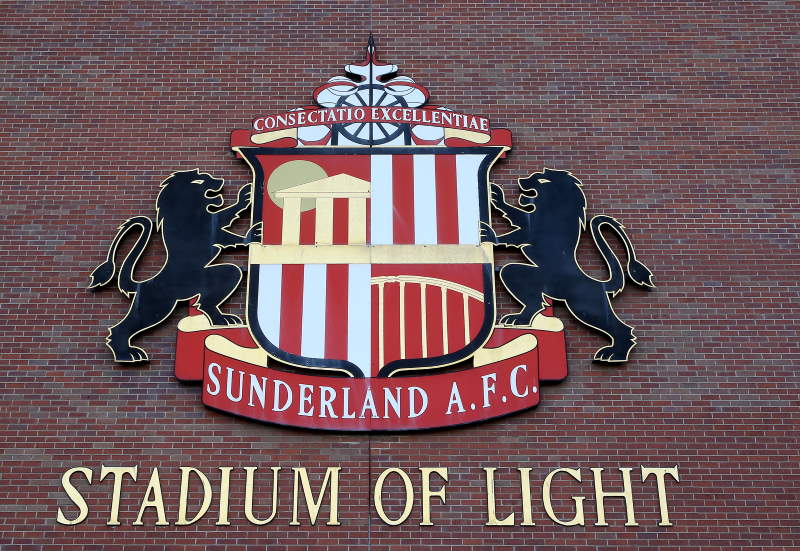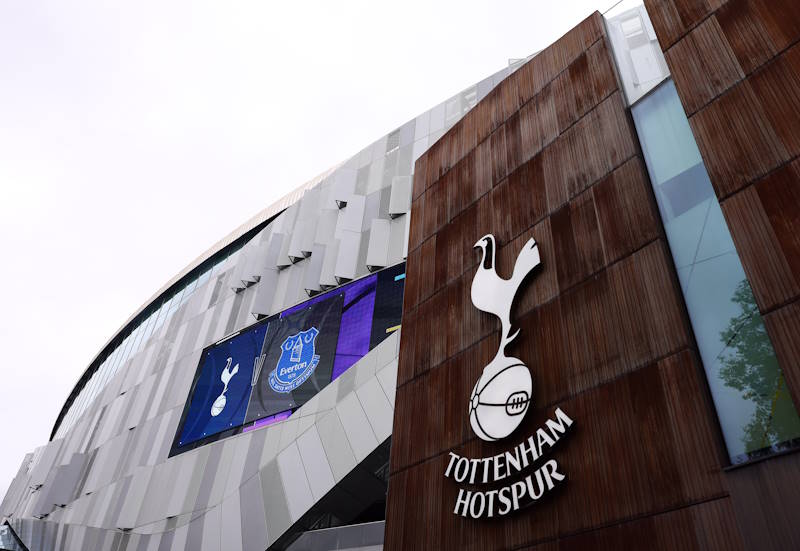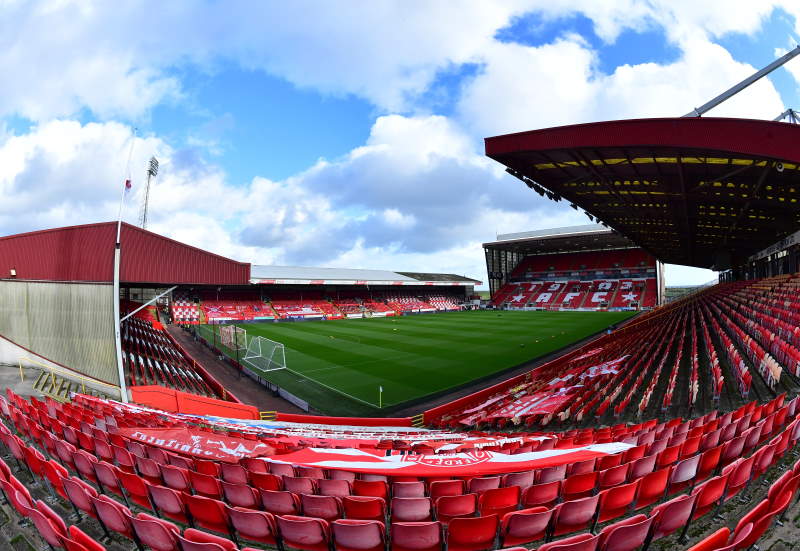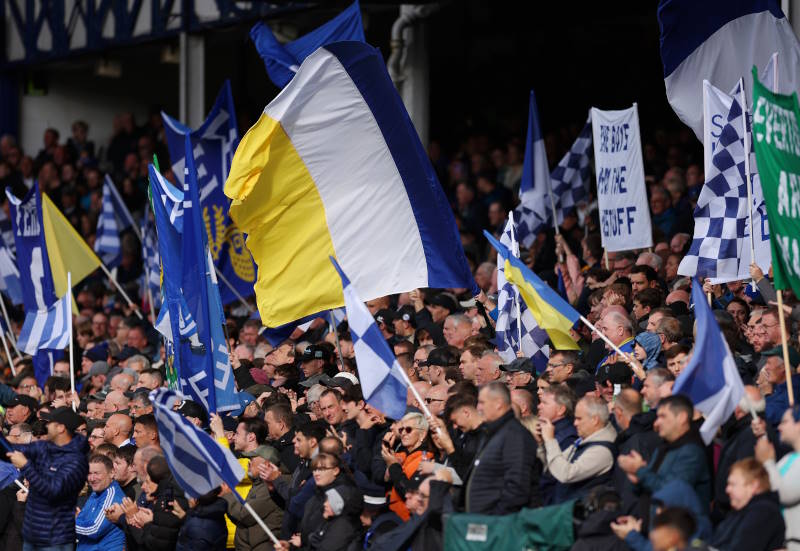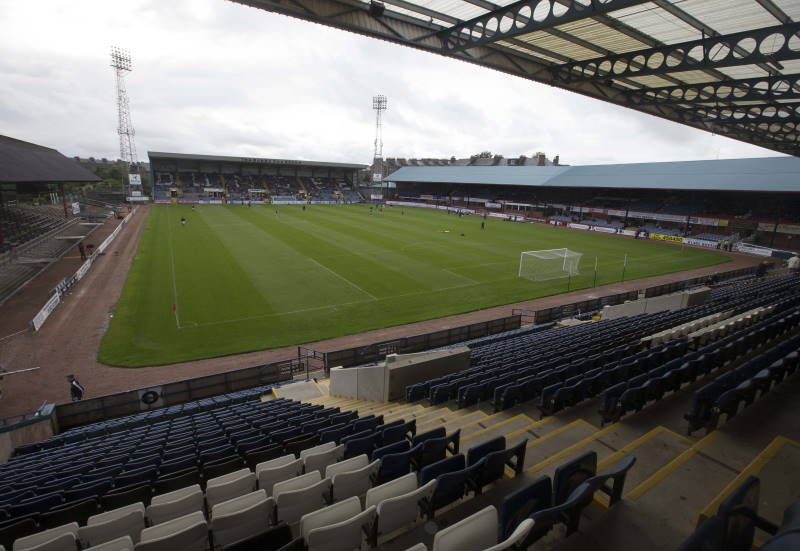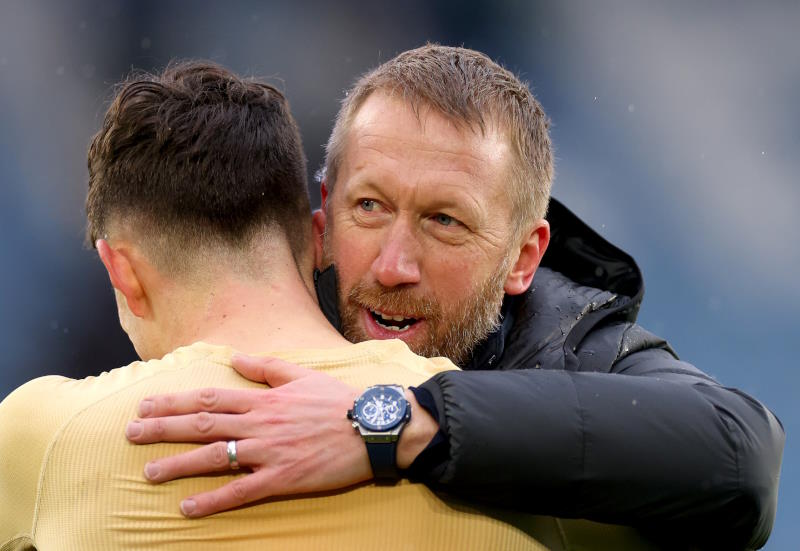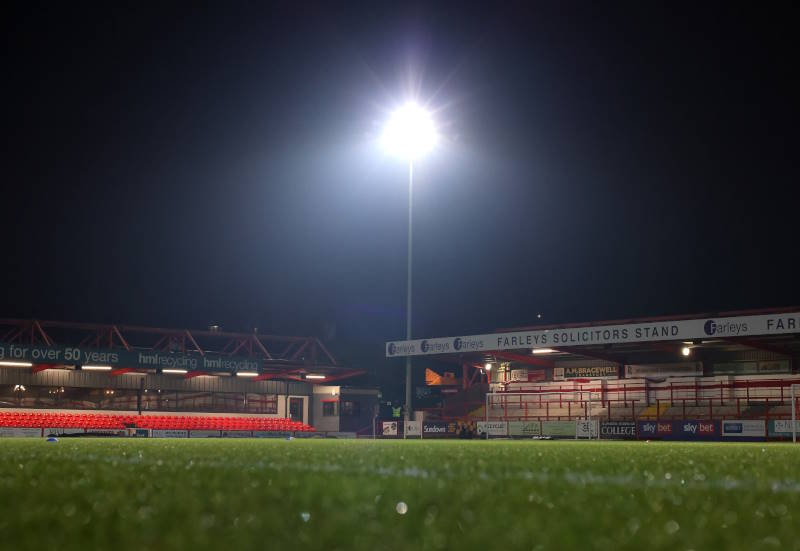
Paris Saint-Germain were expected to hit the new Ligue 1 season running, but their start has been mixed, with one win, one draw and one defeat. Manager Antoine Kombouare is under significant pressure, some of it self-inflicted and some heaped on by perhaps the club’s most important addition of the summer, sporting director Leonardo. The Brazilian used his contacts to tempt a number of players to Paris, with £42M signing Javier Pastore crediting Leonardo with convincing him to join PSG’s French revolution.
Just before the club’s Ligue 1 opener, a 1-0 home loss to Lorient, Pastore was introduced to the crowd at the Parc des Princes, following Kevin Gameiro, Jeremy Menez, Mohamed Sissoko, Blaise Matuidi, Milan Bisevac and Nicolas Douchez in moving to the French capital this summer. The parade of stars reinforced the fact that PSG have spent more this summer than any of the other traditional European giants.
A PSG team with five new players in the starting eleven was unable to find the necessary cohesion to break down resolute opponents however, meaning the new era in Paris heralded by the arrival of Qatari Sports Investments (QSI) earlier this summer got off to the worst possible start.
It is far too early to draw any substantial conclusions, despite this weekend’s 2-1 win over Valenciennes, but at the same time it is also far too early for the Parisians to be even labelled title challengers. This is an ambitious project, though as with all lofty ambitions with serious financial backing, the road to glory is rocky, uncertain and unpredictable.
The main question mark hangs over Kombouare, who guided the club to the brink of the Champions League last year, missing out by a point to Lyon on the final day of the season. Immense pressure is now on his shoulders and this has been added to with the appointment of Leonardo; the man upstairs called the shots on the transfer front and has been managing the two Milan giants for the past two years.
A combination of huge investment from foreign owners, a manager under pressure to deliver instant results and a sporting director brought in by the new benefactors has a high probability of resulting in the Brazilian slipping into Kombouare’s place on the bench sooner rather than later. And the PSG manager knows it.
"I know the rules of the game," Kombouare said earlier this summer. "If we win, I stay. If we don’t, then I’ll be let go. I’ve been in this business for 30 years and I know how it works.
“When the Qataris bought the club, I didn’t think I’d be staying on. New owners generally like to bring in their own men. But the prince told me: ‘It’s you who will lead this team’. And so now here I am, at the beginning of an exciting adventure."
Comparisons with other sides recently taken over by wealthy groups from the Middle East are inevitable, but unlike Manchester City or Malaga, France’s capital club were bought after just missing out on Europe’s top table, which only increases the pressure building at the Parc des Princes to instantly go one better.
And QSI have invested in a club with huge potential, especially if the owner’s petrodollars propel PSG to the Champions League for the first time since 2000. This is a team that fought for the Ligue 1 title last season. Half way through the Parisians were putting pressure on eventual winners Lille, but the form of the player of the first half of the season, Nene, trailed off and with it so did PSG’s title hopes. This year Kombouare’s men will be less reliant on the Brazilian and France forward Guillaume Hoarau in attack, with Gameiro, Pastore and Menez offering high quality support.
To their credit PSG are following a common sense strategy, having brought in players proven in French football. Unlike English side Manchester City, who put the cherry and icing on the cake before it was even baked, PSG have taken a more methodical approach, purchasing quality from fellow French teams (and Javier Pastore, who unlike City’s first superstar Robinho, is settled in Europe). In Douchez, brought from Rennes where he was superb between the sticks last year, Gameiro, the second top scorer in Ligue 1 for Lorient, Bisevac, a reliable defender at Valenciennes, and Matuidi, whom Saint-Etienne were built around, PSG have a group of players who should settle, and will not land with baggage. Further signings Sissoko and Menez also smack of a sensible approach in the transfer market.
Amidst the packed arrivals hall however, the talents already at the club, including Nene and Hoarau, should not be overlooked. Mamadou Sakho is one of Europe’s most promising defenders, and has prodigious leadership skills for a 21-year-old, well reflected by being handed the captaincy at such a tender age. And Clement Chantome will push Sissoko and Matuidi hard for a place in the team. Though question marks will be raised over whether PSG have the experience required for the gruelling road to a title; the club’s signings are largely younger players, most of whom have won relatively little and in the departures of veterans Claude Makelele, Gregory Coupet and Ludovic Giuly much experience was lost.
In addition to quality on the pitch, PSG represent an attractive investment off it. One of the biggest clubs in France, attendances have not been as high as they could have been in recent years as the Parc des Princes has played second fiddle to Lyon, Marseille, Bordeaux and now Lille. But PSG are also the only major team in Paris, a city of 12M people, and are therefore a uniquely attractive proposition – a major European team with the potential to monopolise the fanbase of an entire European capital.
But perhaps the most intriguing part of the PSG story started a week before the takeover by QSI, when Al-Jazeera won the rights to broadcast two live Ligue 1 games a week in France. The state owned Qatari broadcaster’s president is Nasser Al-Khelaifi. Intriguingly Al-Khelaifi is also the president of QSI. With Qatar’s growing profile within the game, most notably through winning the right to host the 2022 World Cup, PSG are a vehicle through which Al-Khelaifi can raise the country’s status within Europe. Owning the rights to broadcast Ligue 1 games will only enhance that ability.
The potential of PSG now seems to be unlimited, at least in France, and with Ligue 1 making great strides forward through new investment and increased revenue from TV rights, the club from the capital could become a force in Europe in the years to come if stability is found. But for all this to happen, it is of course what takes place on the pitch which counts most, something of which Kombouare is only too aware.

